Digital Currencies Vs Cryptocurrencies
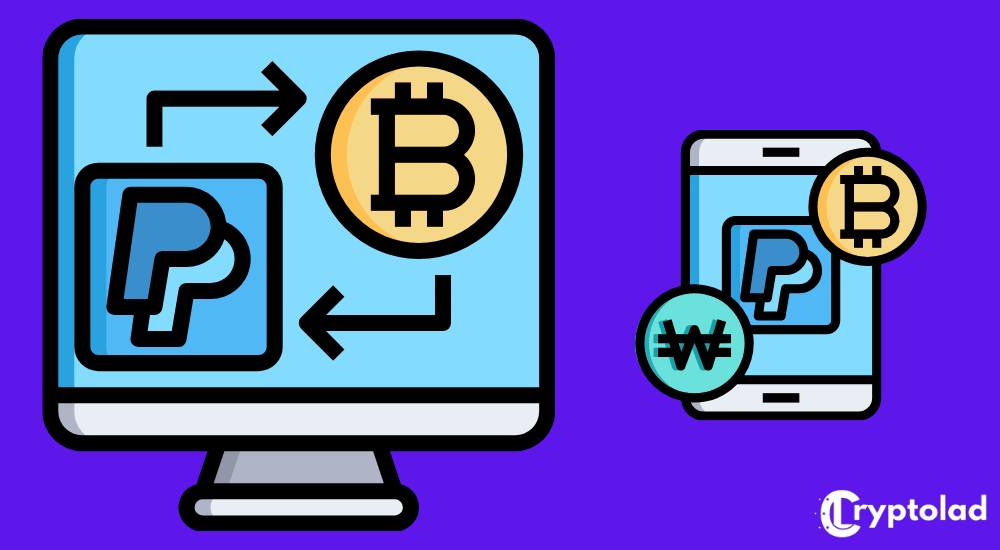
Digital currencies and cryptocurrencies, arent they the same thing? Well, not exactly...
In this article, I'm going to outline the key differences between the two.
Let's get started...
Both Are Online Payment Methods
This is a pretty big leap from the kind of technology we’re used to.
But this particular digitalization of an everyday object is not a change that has occurred recently.
The concept of online currency and credit was introduced in the early 2000s.

By 2009, cryptocurrency was a thing, and soon after, digital wallets were introduced as well.
But there is a widespread misconception among many people that digital currency and cryptocurrency are the same.
But this couldn't be further from the truth. While the two are mainly online-based currencies, they have their fair share of differences.
To clear this misconception and provide a much clearer concept of digital currency and cryptocurrency, we will outline each technology individually and show you the differences between them.
Let's go!
Digital Currency Explained
Digital currency is what the name suggests, a digital form of currency.
That does not mean this is the digital form of physical currency. Digital currency is a currency on its own.
It contains pretty much all the characteristics of regular money.
You can obtain digital currency, spend it on purchases, save it, transfer it or exchange it for a different currency, and not to mention - pay bills online such as water or electricity bills, internet bills, etc.
You can store your digital currency in your digital wallets.
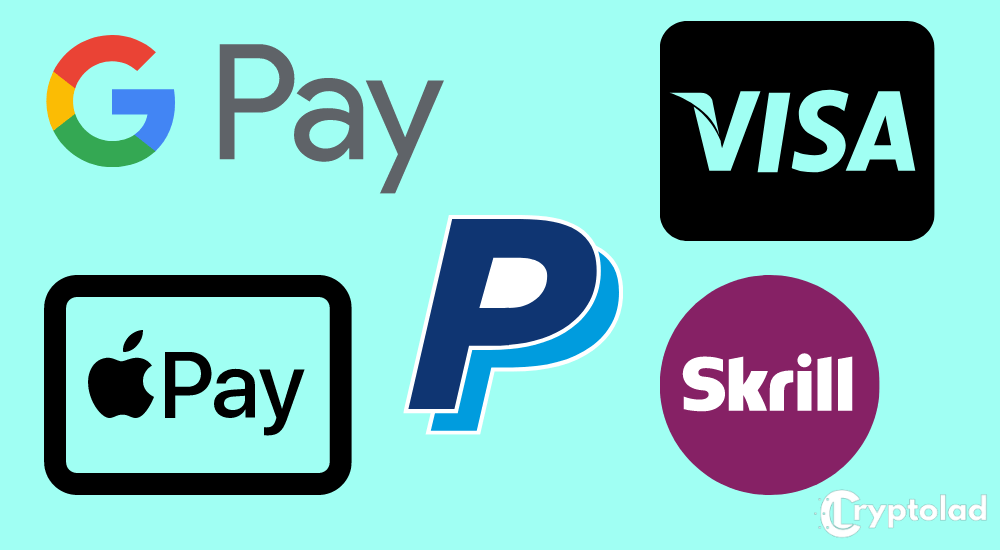
Today, there are many digital wallets, such as PayPal, Payoneer, Skrill, ApplePay, etc.
Other than these, Visa and MasterCard also provide digital wallets that you can use to make purchases and transactions.
The digital currencies have no physical equivalent, but it plays the same roles as physical cash.
This currency also knows no geographical or political boundaries, so you can make transactions sitting in one corner of the world to another corner of the world.
Cryptocurrency Explained
A Cryptocurrency is actually a form of digital currency.
These currencies are most widely used in the form of tokens in certain online communities and are sold, exchanged, and used by individuals in those communities.

These types of currencies are powered by algorithms and are based on Cryptography.
For those of you wondering what cryptography means, it is the art of decoding and deciphering various cryptic codes and is a branch of mathematics.
Cryptocurrency is based on such a concept, which makes this currency highly secure and reliable.
Cryptocurrency has a change in real-world value pretty often.
Take Bitcoin, for example. The value of Bitcoin, in terms of USD, fluctuates from time to time. But most of the time, these coins are pretty expensive and have a high value in the online world of trade.
The thing about cryptocurrency is that no individual or authority is in charge of controlling the value, action in networks, and cryptocurrency transactions.
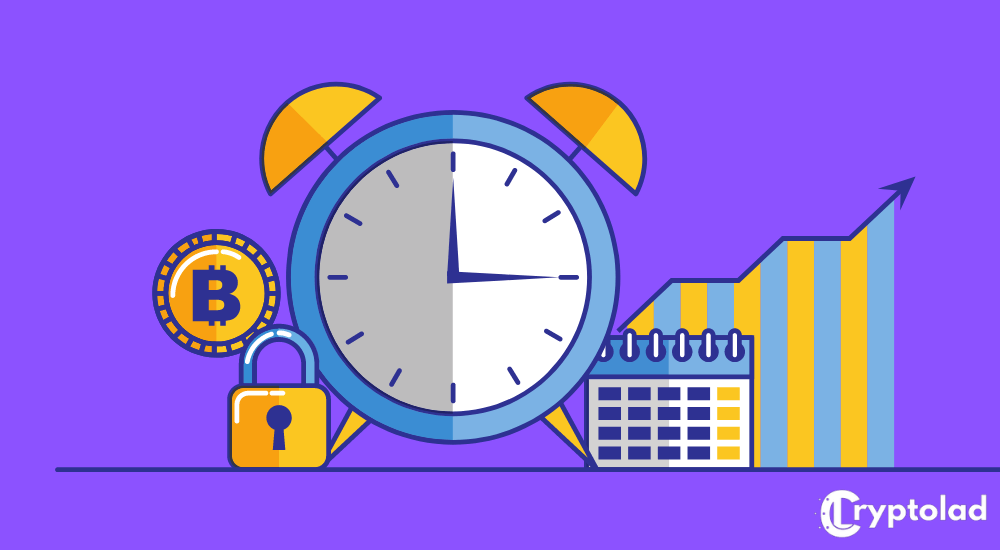
It uses a blockchain and ledger that is decentralized that makes it so amazing!
This is a currency controlled by the people who use it and how they want to use it.
This is one of the reasons why cryptocurrency is becoming more and more popular with every passing year.
Digital Currencies Vs Cryptocurrencies
Now that we have established the definitions and characteristics of digital currency and cryptocurrency, let's look at the major differences between them.
- Decentralization
We talk about the main difference between digital currency and cryptocurrency. The first thing that comes to our mind is the decentralized methods of transaction.
Digital currency is very similar to regular currency. This type of currency is regulated by an authority in a network such as a bank.
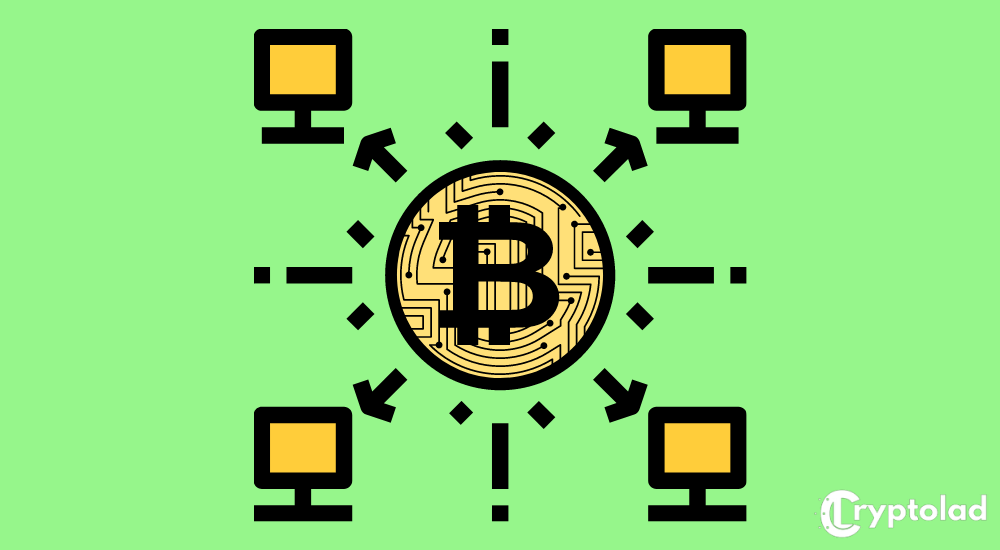
On the other hand, cryptocurrencies are regulated by the majority of the transactions in that network and are decentralized.
This gives the people in the community freedom in deciding the values of cryptocurrencies, while for digital currencies, the people don't get a say.
- Transparency
Digital currency is not transparent. The bank or the centralized authority controls every factor of digital currency.
It does not provide you access to information such as the wallet's address you send your money or the transaction information occurring in that network.
You don't see any of that occurring in the case of cryptocurrencies.

Cryptocurrencies are more transparent and let you in on information like transactions made by certain users in that network.
This is due to all the revenue streams being placed in a public blockchain.
- Support
We’ve talked about how digital currency is centralized, and it doesn’t offer freedom in regulating transactions. Now let’s talk about the upside of centralization.
Digital currency, being regulated by a centralized authority, provides any support the users may require.

Uncle Ben once said, "with great power comes great responsibility."
Cryptocurrency may provide you freedom in regulating transactions.
Still, it also takes away your privilege of asking for help or support because you are one of the people operating the whole network.
- Legality
Digital currencies are receiving legal frameworks in various countries.
Most countries have some laws or rules about digital currency.
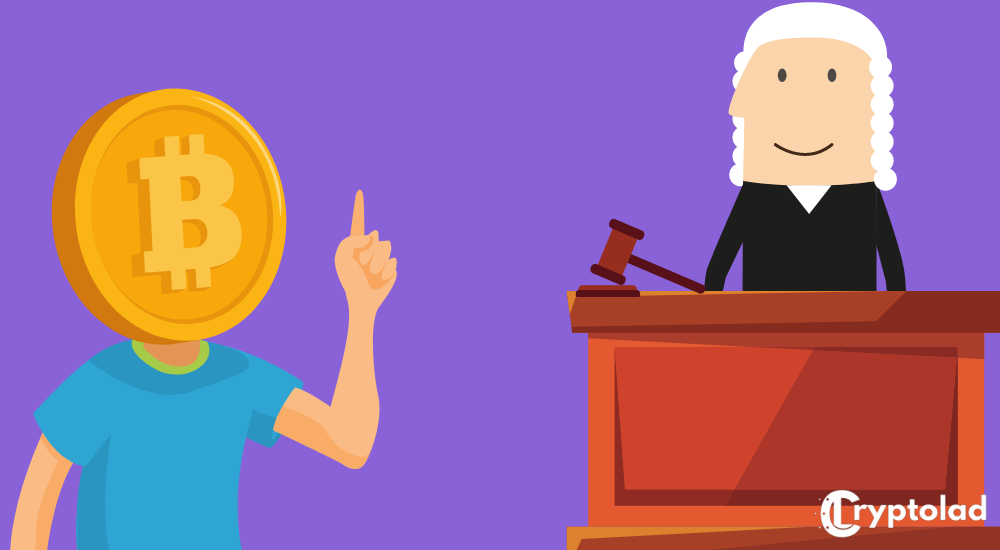
But we cannot say the same about cryptocurrency yet.
However, moving forward, we already see development in the outlining of definitive laws for cryptocurrency.
Final Thoughts
We hope you clearly understood the concepts of digital currency and cryptocurrency.
While they might have their similarities, they are not so similar after all, as you can see.
It is important to know the common characteristics and differences between the two to invest in both and keep your investments safe.
We hope you enjoyed reading this article and learned something new today.
That’s all for reading digital currencies vs. cryptocurrencies. We hope this helps.
See you next time!
PS: We Love Your Comments!
Let us know your thoughts below...